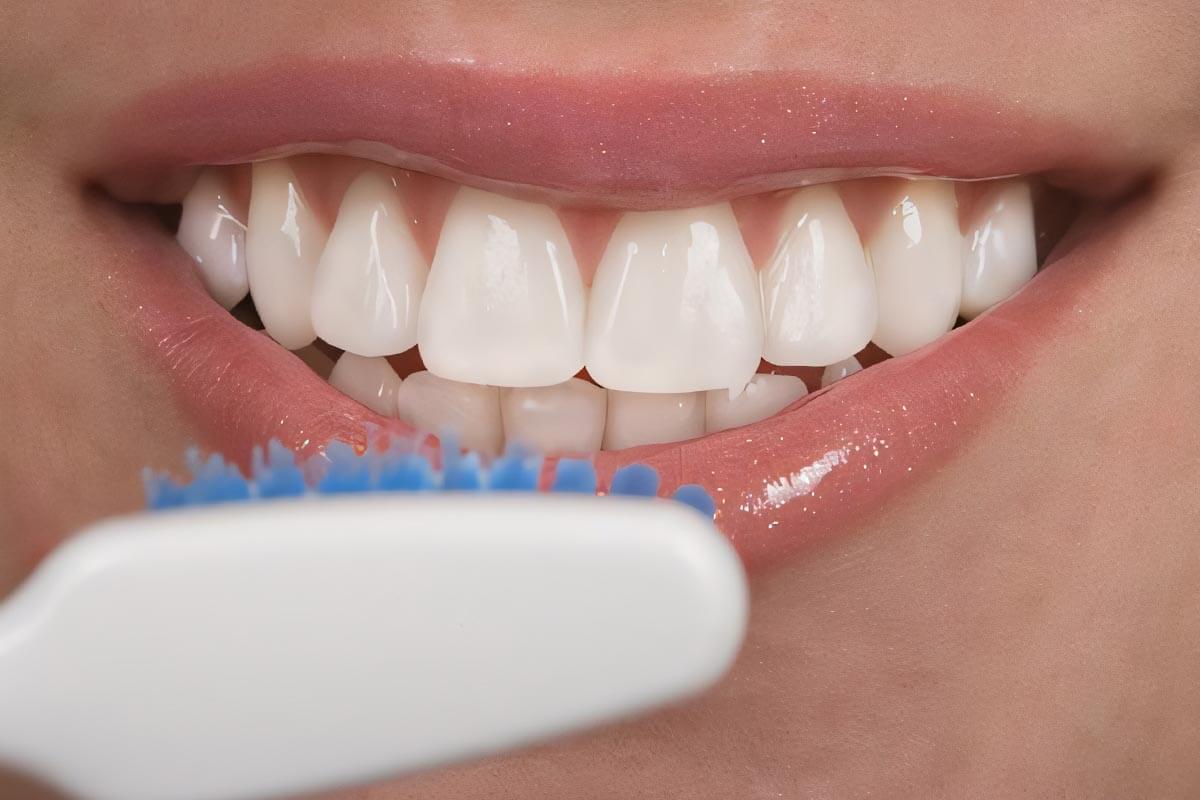I. Introduction
A. Definition of Porcelain Veneers
Porcelain veneers are thin shells custom-made to cover the front surface of teeth. Crafted from durable porcelain, they enhance aesthetics and address various dental issues.
B. Importance of Proper Care
While veneers are resilient, caring for them ensures longevity and sustained cosmetic appeal.
II. Understanding Porcelain Veneers
A. How Porcelain Veneers Work
Veneers mask imperfections by adhering to the tooth's surface, providing a natural-looking appearance.
B. Common Issues Addressed by Veneers
Veneers are effective against discoloration, gaps, and misshapen teeth, offering a versatile solution.
C. Longevity of Porcelain Veneers
With proper care, veneers can last for a decade or more, making them a worthwhile investment.
III. Daily Care Practices
A. Oral Hygiene Routine
Maintaining regular oral hygiene, including brushing and flossing, is crucial for veneer longevity.
B. Choosing the Right Toothpaste and Mouthwash
Opt for non-abrasive products to prevent damage to the veneer's surface.
C. Avoiding Staining Substances
Minimize exposure to staining agents like tobacco and certain foods to preserve the veneers' brightness.
IV. Regular Dental Check-ups
A. Importance of Check-ups
Regular dental visits allow professionals to monitor the condition of your veneers and address any issues promptly.
B. Frequency of Dental Visits
Biannual check-ups are recommended, but consult your dentist for personalized advice.
V. Handling Emergencies
A. Dealing with Chips and Cracks
Promptly address any damage to prevent further issues. Consult your dentist for repairs.
B. What to Do in Case of Discoloration
Identify the cause of discoloration and consult your dentist for appropriate solutions.
VI. Lifestyle Adjustments
A. Impact of Diet on Porcelain Veneers
Certain foods and drinks can impact veneers. Adjust your diet to enhance their longevity.
B. Habits to Avoid
Avoid habits like nail-biting or using teeth as tools to prevent damage to your veneers.
VII. Cleaning Techniques
A. Proper Brushing Techniques
Gentle, circular motions with a soft-bristled brush ensure effective cleaning without causing harm.
B. Flossing with Veneers
Use non-abrasive floss to clean between teeth and maintain optimal gum health.
VIII. Professional Maintenance
A. Professional Cleaning
Regular professional cleanings help remove plaque and ensure the veneers' continued brilliance.
B. Potential Adjustments and Refinements
Consult your dentist if you notice any discomfort or changes in the fit of your veneers.
IX. Cost of Maintenance vs. Replacement
A. Calculating Long-Term Costs
While maintenance incurs some costs, it's a fraction of the expense compared to veneer replacement.
B. Factors Affecting Replacement
Factors like accidental damage or changes in oral health may necessitate veneer replacement.
X. Common Misconceptions
A. Debunking Myths about Porcelain Veneer Care
Clarify common misconceptions to ensure users have accurate information about veneer care.
B. Clarifying Maintenance Procedures
Provide clear guidance on routine maintenance to dispel any confusion.
XI. Real-life Experiences
A. Testimonials from Veneer Users
Learn from others' experiences to gain insights into the practical aspects of veneer care.
B. Learning from Others' Experiences
Understanding challenges and successes can guide your approach to porcelain veneer care.
XII. Advancements in Veneer Technology
A. Latest Innovations
Explore the cutting-edge technologies enhancing the quality and durability of porcelain veneers.
B. Future of Porcelain Veneer Care
Anticipate upcoming advancements that may revolutionize the field of veneer maintenance.
XIII. Impact on Overall Oral Health
A. Positive Effects of Well-Maintained Veneers
Well-maintained veneers contribute to overall oral health by preventing issues like decay.
B. Potential Risks of Neglecting Care
Neglecting veneer care may lead to complications, affecting not just aesthetics but also oral health.
XIV. Frequently Asked Questions (FAQs)
A. How often should I visit the dentist for veneer check-ups?
Regular check-ups every six months are recommended to ensure the ongoing health of your veneers.
B. Can I still drink coffee with porcelain veneers?
While moderation is key, you can enjoy coffee. Rinse your mouth afterward to prevent staining.
C. What are the signs of a damaged veneer?
Look out for chips, cracks, or changes in color. Consult your dentist if you notice any issues.
D. Do veneers require special cleaning tools?
No, standard soft-bristled brushes and non-abrasive floss are suitable for maintaining veneers.
E. Are there any restrictions on certain foods with veneers?
Minimize consumption of staining and hard foods to prevent damage and discoloration.
XV. Conclusion
A. Summary of Key Points
Caring for your porcelain veneers involves a combination of daily practices, professional maintenance, and lifestyle adjustments.
B. Importance of Consistent Veneer Care
Consistency in care ensures your investment in porcelain veneers pays off with a lasting, beautiful smile.


